Q&A Tarkan Maner, vice president and general manager, Dell cloud client computing
The former CEO of Wyse, who sold the client computing firm to Dell, takes time out at Dell World to talk to IT Pro about his new role and what the future holds.

Sign up today and you will receive a free copy of our Future Focus 2025 report - the leading guidance on AI, cybersecurity and other IT challenges as per 700+ senior executives
You are now subscribed
Your newsletter sign-up was successful
You say across verticals, but the two main ones you have mentioned are both public sector. Is this because healthcare and education are just so big, or is public sector leading?
The public sector is kind of leading and the reason is that during and economic downturn, there is a lot of money in the public sector, some of the private sector verticals are suffering from a shortage. Citibank, for example, just laid off 11,000 people, Barclays, RBS etc all have problems.
There is a lot of money available for IT in healthcare and education, but people don't know how to allocate it.
To cut a long story short, we are seeing a lot of activity at this stage in healthcare and education, where there is a lot of money available, but they don't know how to allocate and manage it, and the budgets effectively [when it comes to IT]. And there is a need for cutting cost and what we do, as cloud client computing division of Dell, is help them cut costs in the front end via unified communications, and in the backend from a converged infrastructure perspective. All we do is basically cutting cost, with better security management they are able to be more reliable not only in operations but also in capital expenditure. In the past, buying a PC cost $1,000, now you can buy a thin client for $25 starting price. It changes the game. But, overall, from a solution perspective, we make more money from cloud than through the back end gear.
How do you manage security when it is as sensitive as with financial, healthcare and education?
It is not just them, we also have a big involvement with the military. We are one of the biggest providers for NATO, both in Virginia at the operational centre, but also in the two military centres in Belgium. They are all run on WYSE gear.
What we provide is all the applications from a private cloud. The devices are all fibre channel connected, not even wireless, for security reasons. We just delivered 40,000 units to the ministry of defence in the Netherlands. Our gear runs their ships and when it comes to security, thin clients and zero clients are inherently secure, because they don't have a hard disk in there, so there is no information kept on them.
Sign up today and you will receive a free copy of our Future Focus 2025 report - the leading guidance on AI, cybersecurity and other IT challenges as per 700+ senior executives
The area where security becomes a big deal is the connectivity, so authentification, authorisation, access control and identity measurement perspective. However, as part of Dell, we also have that covered, like SonicWall's end-to-end solution, or Quest's security management and single sign on technology.

Jane McCallion is Managing Editor of ITPro and ChannelPro, specializing in data centers, enterprise IT infrastructure, and cybersecurity. Before becoming Managing Editor, she held the role of Deputy Editor and, prior to that, Features Editor, managing a pool of freelance and internal writers, while continuing to specialize in enterprise IT infrastructure, and business strategy.
Prior to joining ITPro, Jane was a freelance business journalist writing as both Jane McCallion and Jane Bordenave for titles such as European CEO, World Finance, and Business Excellence Magazine.
-
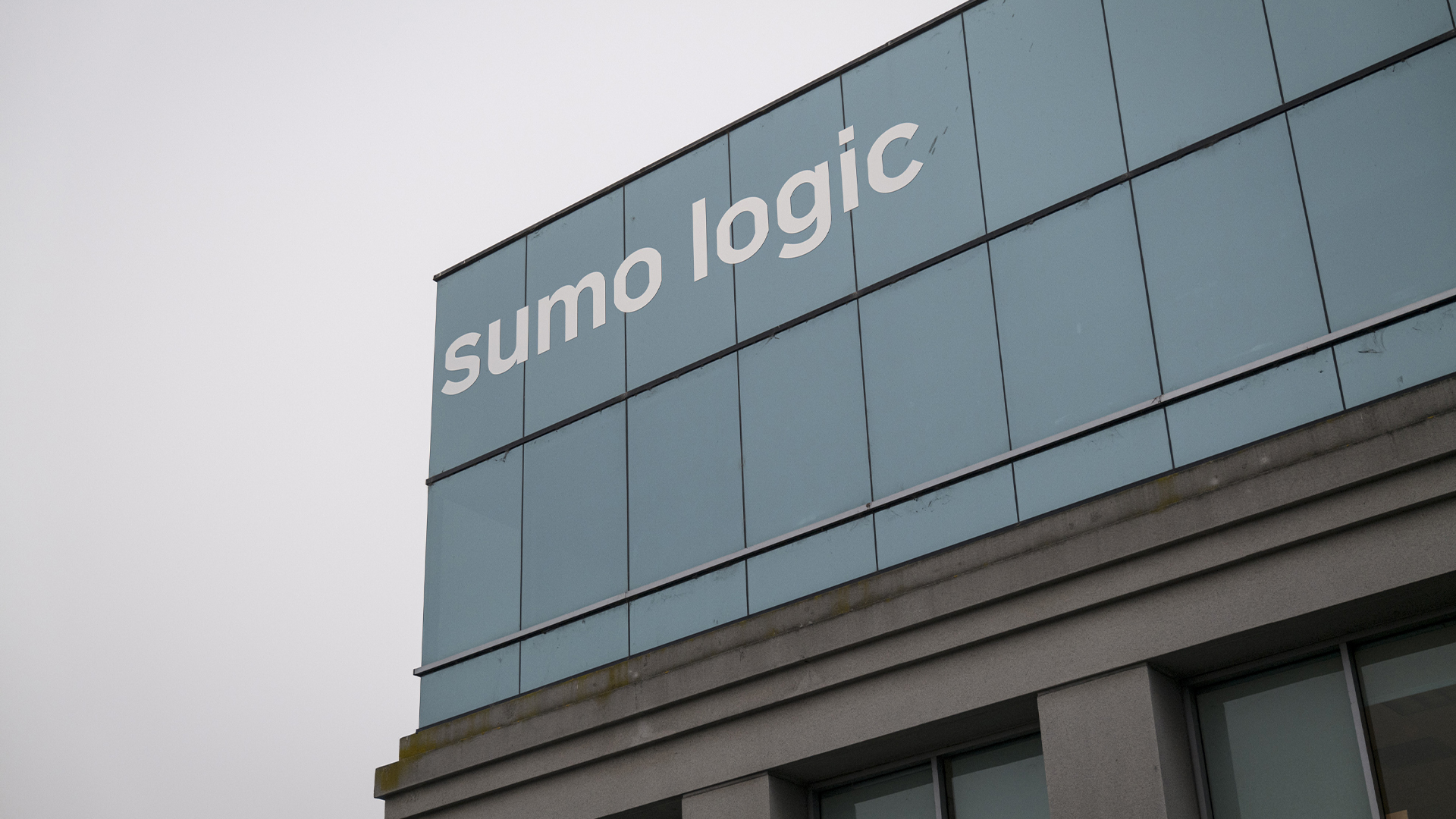 Sumo Logic expands European footprint with AWS Sovereign Cloud deal
Sumo Logic expands European footprint with AWS Sovereign Cloud dealNews The vendor is extending its AI-powered security platform to the AWS European Sovereign Cloud and Swiss Data Center
-
 Going all-in on digital sovereignty
Going all-in on digital sovereigntyITPro Podcast Geopolitical uncertainty is intensifying public and private sector focus on true sovereign workloads
-
 Dell Technologies eyes fresh market opportunities with 2026 partner program
Dell Technologies eyes fresh market opportunities with 2026 partner programNews The tech giant has updated its channel program with new incentives and initiatives to drive partner growth
-
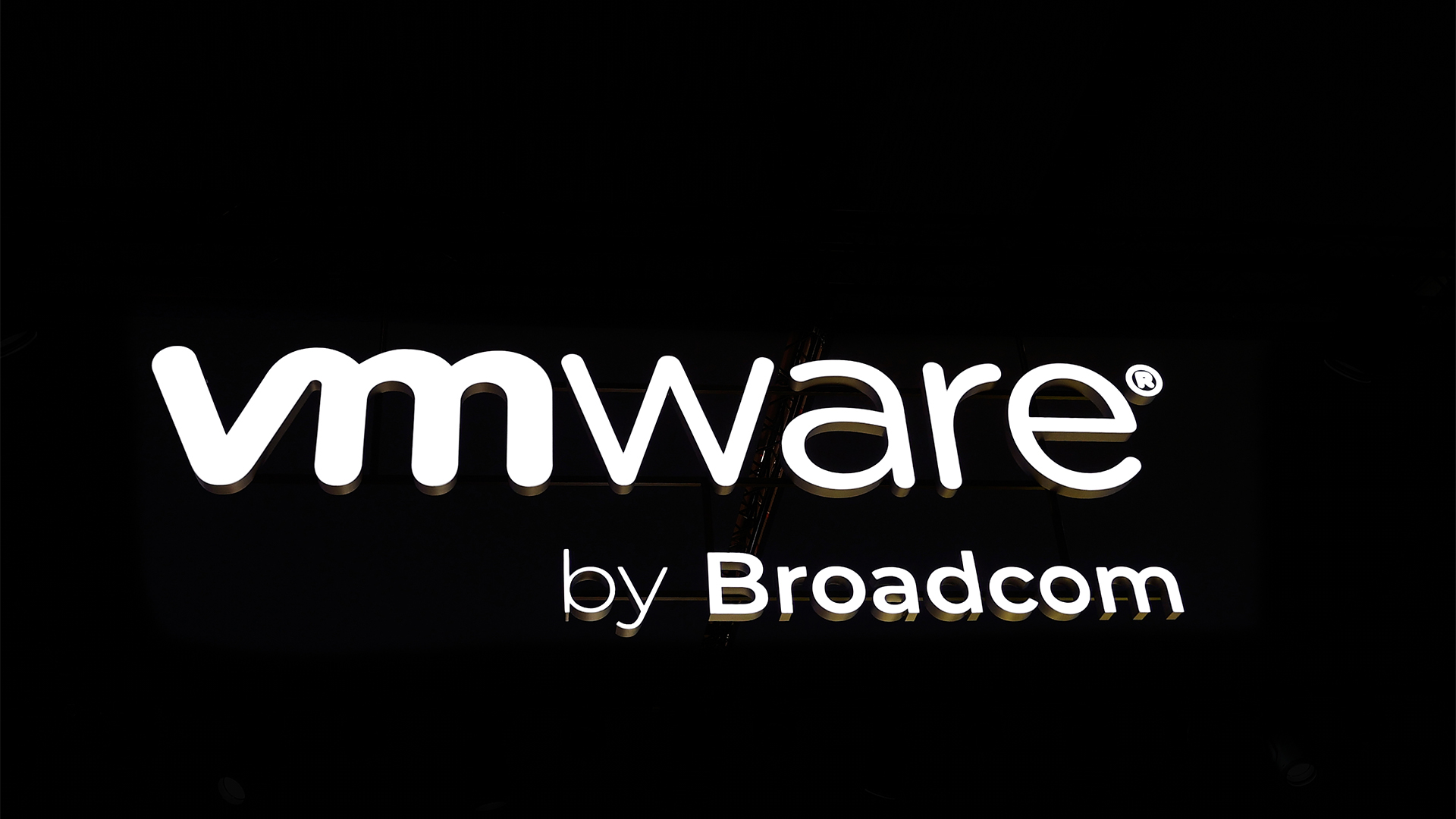 Computacenter enters the fray against Broadcom in Tesco's VMware lawsuit
Computacenter enters the fray against Broadcom in Tesco's VMware lawsuitNews The IT reseller has added its own claim against Broadcom in VMware case brought by Tesco
-
 Who is John Roese?
Who is John Roese?Dell's CTO and Chief AI Officer John Roese brings pragmatism to AI
-
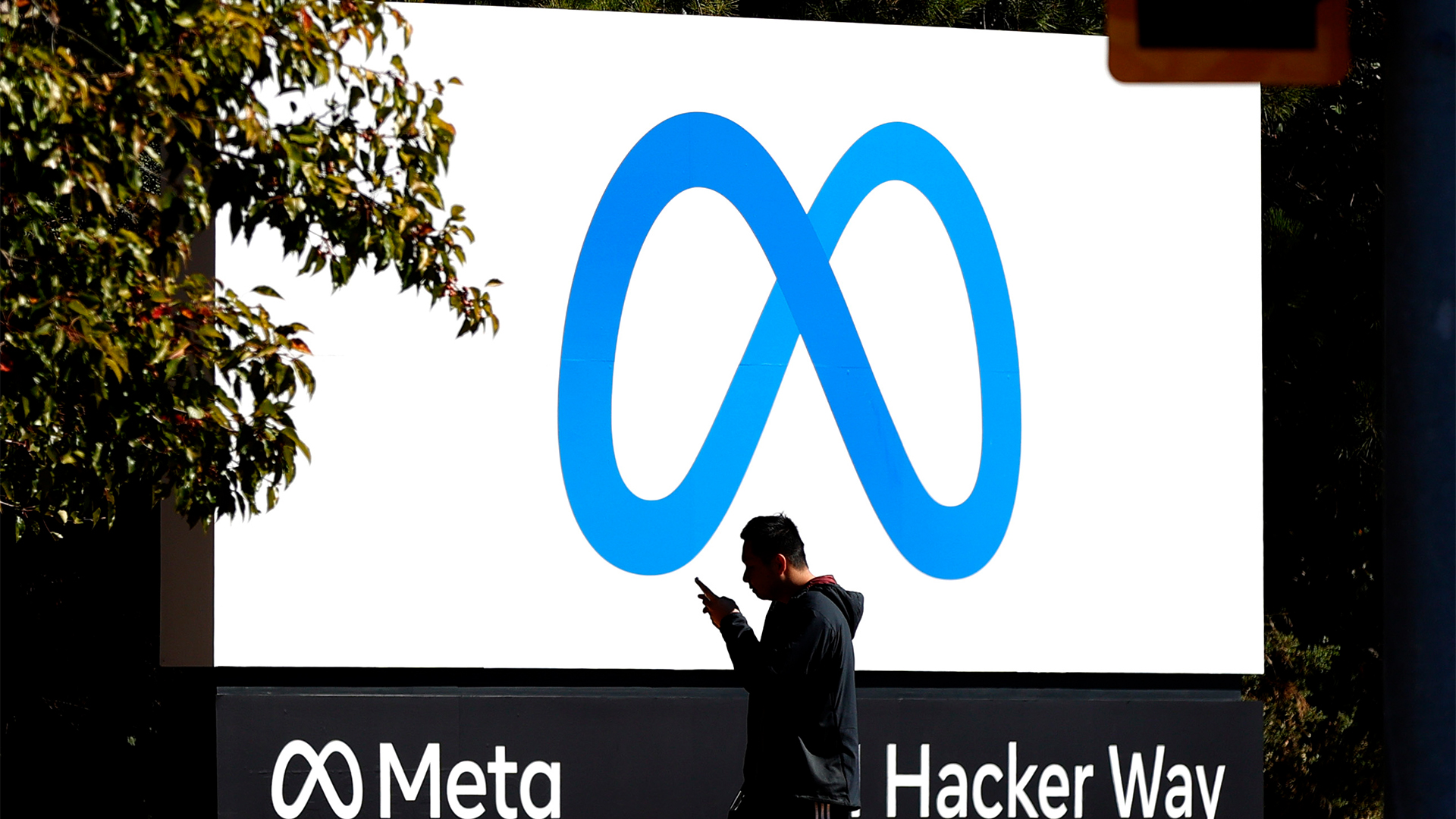 Meta layoffs hit staff at WhatsApp, Instagram, and Reality Labs divisions
Meta layoffs hit staff at WhatsApp, Instagram, and Reality Labs divisionsNews The 'year of efficiency' for Mark Zuckerberg continues as Meta layoffs affect staff in key business units
-
 Business execs just said the quiet part out loud on RTO mandates — A quarter admit forcing staff back into the office was meant to make them quit
Business execs just said the quiet part out loud on RTO mandates — A quarter admit forcing staff back into the office was meant to make them quitNews Companies know staff don't want to go back to the office, and that may be part of their plan with RTO mandates
-
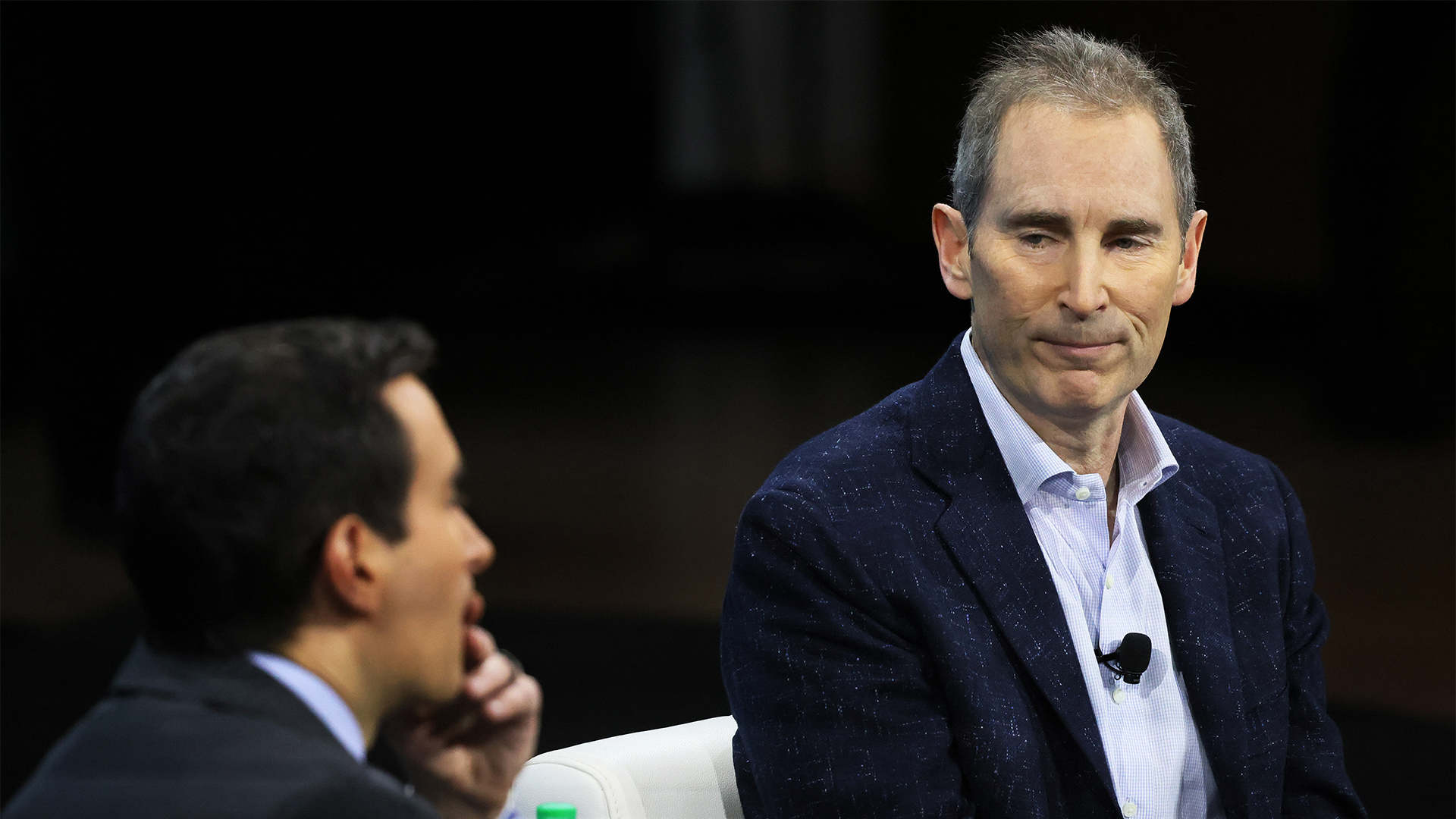 Amazon workers aren’t happy with the company’s controversial RTO scheme – and they’re making their voices heard
Amazon workers aren’t happy with the company’s controversial RTO scheme – and they’re making their voices heardNews An internal staff survey at Amazon shows many workers are unhappy about the prospect of a full return to the office
-
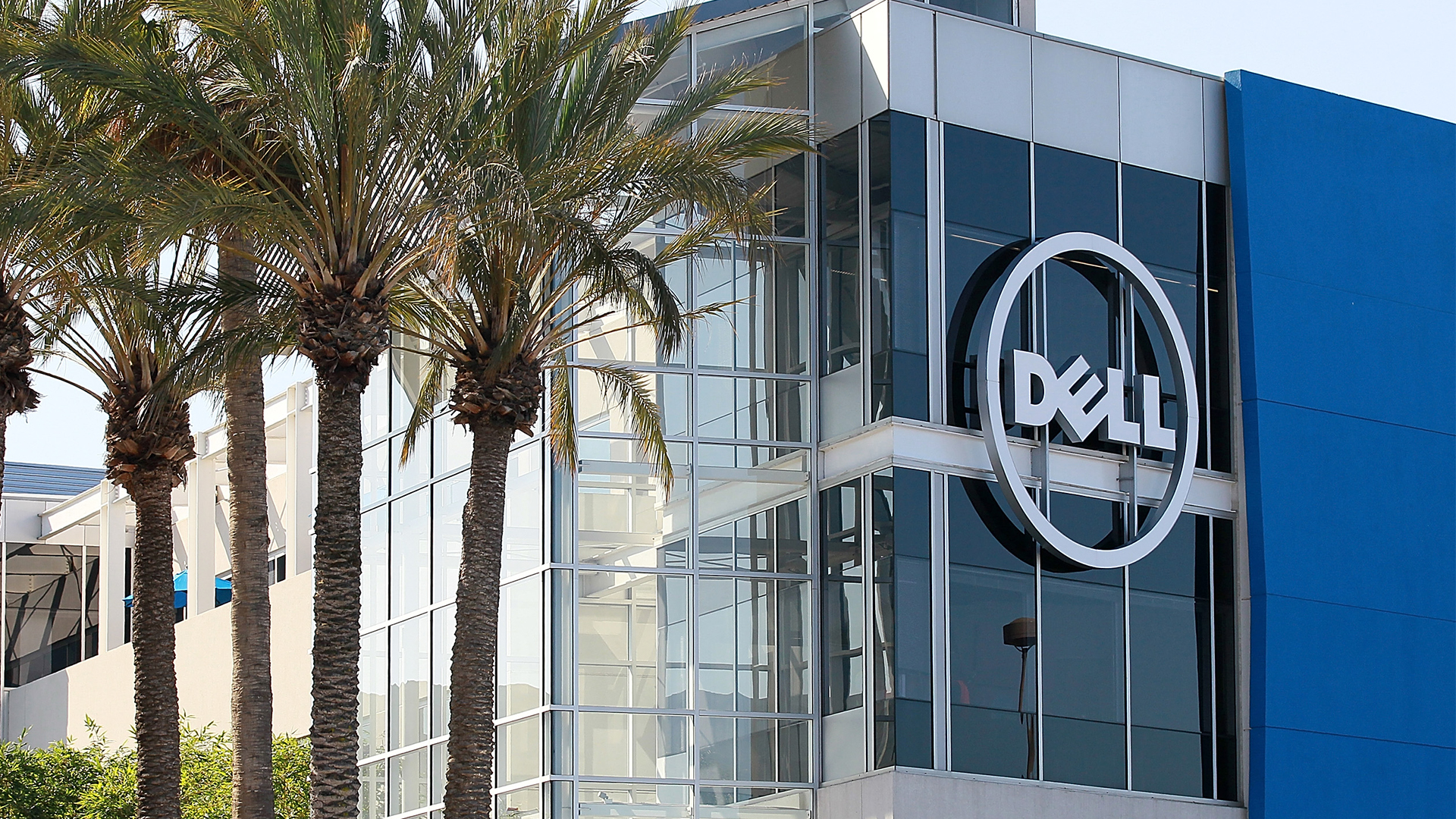 Predicts 2024: Sustainability reshapes IT sourcing and procurement
Predicts 2024: Sustainability reshapes IT sourcing and procurementwhitepaper Take the following actions to realize environmental sustainability
-
 Advance sustainability and energy efficiency in the era of GenAI
Advance sustainability and energy efficiency in the era of GenAIwhitepaper Take a future-ready approach with Dell Technologies and Intel